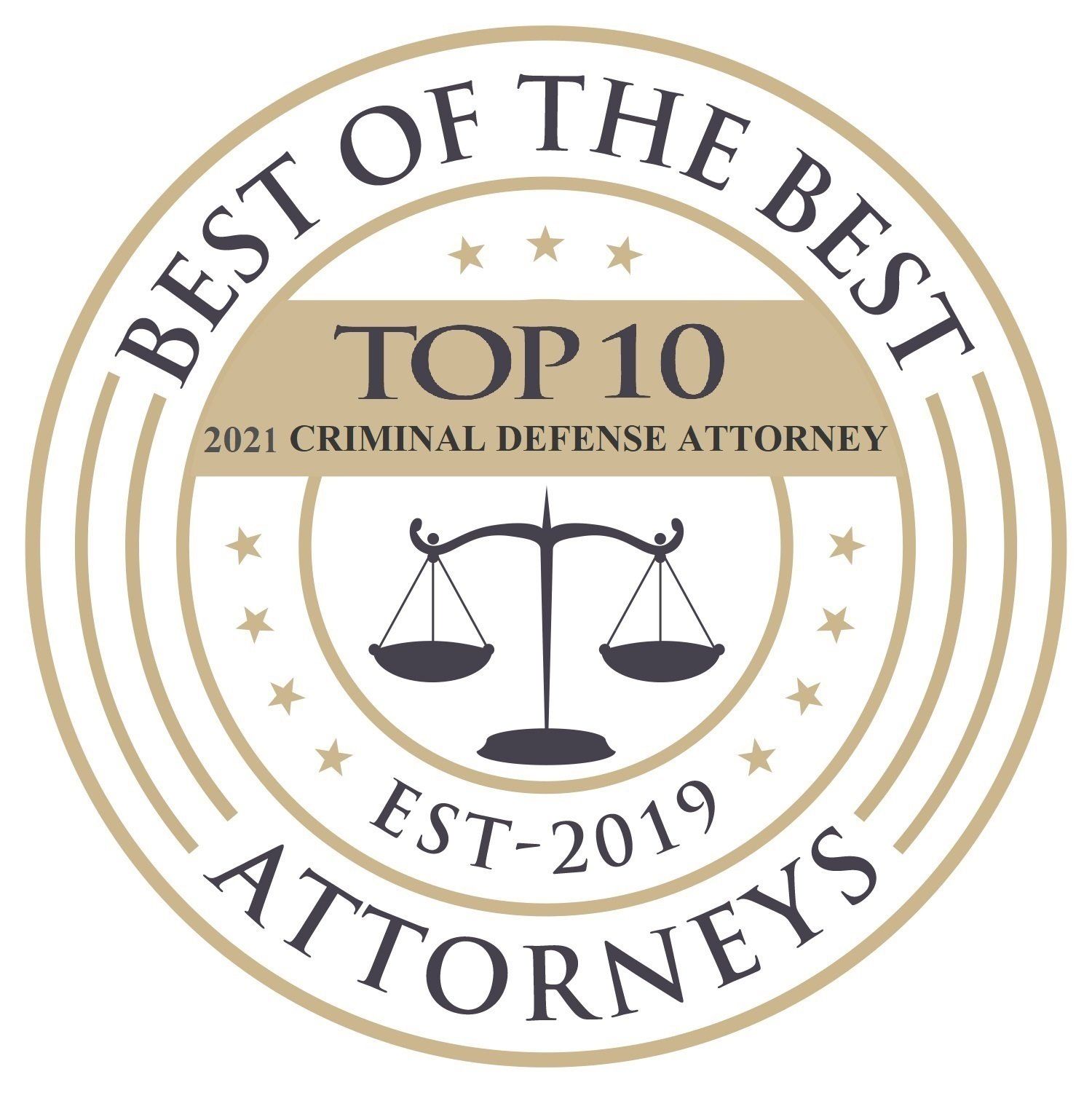PRACTICE AREAS
ASSOCIATIONS & AWARDS
Thumbtack
Everyone knows that they’re supposed to follow the rules and regulations of the road. But many clients view getting a traffic ticket as one of those unfortunate events in life that are simply inevitable. They don’t take speeding, for example, very seriously—especially if it is the first ticket the client receives. Surprisingly, it’s not just young drivers without much on-the-road experience who think this way.
Whether to speed while driving on California interstates, highways, rural and residential roads, has unconsciously become a cost-benefit analysis for many drivers. “How urgently do I need to be somewhere, versus, How much will it cost me if I am stopped by police officers for speeding?” While this basic financial analysis might seem like a logical way to make this decision, it does not take into account several other factors.
An attorney, licensed to practice criminal and traffic law in California, can explain the effects of this speeding ticket on these other factors. Depending upon the driver’s level of experience, the availability of insurance coverage, previous violations or criminal history, and even immigration status, the speeding ticket could carry very significant consequences that many drivers do not think about at the time.
Other common moving violations such as running stop signs and making an illegal lane change also fall into the category of “traffic” violations that are more than just that. These are serious violations on their own—and especially serious when combined with another traffic violation or as part of a larger criminal charge.
An attorney experienced in representing clients who are in situations such as those described, or any variation of those, can explain the consequences of the charges pending against a client and devise a plan of representation that is unique to the client’s particular set of circumstances. However, the lawyer will need to understand a client’s complete history in order to effectively do this.
Speeding
- Mistakenly, many drivers assume that they can get away with going five or ten miles per hour over the posted speed limit. Never assume that this is true—especially in residential neighborhoods where police officers are spending increased time on patrol for speeders.
- If speeding in a residential area, the driver might also be charged with reckless driving or endangering pedestrians, both of which affect the driver’s record and insurance premiums.
- Property damage as a result of speeding elevates the seriousness of the speeding charge. Property damage can include seemingly insignificant behavior like running over the corner of someone’s lawn when rounding a corner. Running into street signs, guard rails, fences, other vehicles, hitting a wandering dog, cat, horse, cow or deer even could be interpreted as unsafe operation of a motor vehicle.
- To law enforcement officers, hitting stationary objects like street signs often indicates lack of control due to excess speed. Had the driver been going at the posted speed, he or she would have been able to turn the corner without running over the corner of the yard. Or, the driver would have been able to navigate the curve in the road, without driving onto the shoulder and knocking over the posted sign.
- Drivers who hit moving objects, like animals, might of course, have been completely surprised when a deer appeared from nowhere, as he or she rounded a corner. However, in some situations, a police officer might note that the excessive speed prevented the driver from being able to stop safely and with enough time to observe the animal and apply the brakes.
- When this same situation occurs, but this time the victim is not an animal or a signpost—it is a child, the driver will face some serious charges. Even if the child was playing in the street around a “blind” corner, a driver should not attempt to defend himself or herself alone. An experienced attorney is absolutely essential despite how remorseful a driver might be after being involved in such an accident.
Running Stop Signs
- Again, clients seem to underestimate the consequences of “rolling” through a two or four-way stop intersection. Yet, this traffic rule is more that just regulating the flow and speed of drivers. It also ensures safe crossings for pedestrians and time to adequately acknowledge traffic from other directions.
- A charge for running a stop sign can also be aggravated by causing an accident with another vehicle that has the right-of-way, hitting, injuring or killing a pedestrian or proceeding out of turn.
- Another, increasingly common aggravating factor, is talking on a cell phone or texting while driving. Many states prohibit talking on any type of hand-held device while driving and allow only hands-free phone conversations. Most states, including California, prohibit texting while driving, for any reason.
Lane Changes
- Lane-change violations might be the least-known type of traffic violation. Many clients, when stopped by police officers, have to ask what they have done. However, as with speeding and stop-sign laws, safety underscores lane-change laws also.
- Lane changes made without signaling or made in the middle of an intersection are considered violations. If a driver cuts ahead of another driver at the last minute, even without causing an accident, it could be a traffic violation.
A driver accused of speeding, failure-to-stop and lane-change violations, while under the influence of alcohol or drugs should contact an attorney immediately. Being under the influence of alcohol or drugs will significantly affect the charges that will be lodged against the driver. An experienced Elkton traffic law attorney can help defend drivers in any of the situations presented, whether alcohol or drugs are involved, or not.
The post Common Traffic Offenses In California appeared first on Law Office of Michael K. Moore.
Phone
Fax
Address
© 2021 Law Office of Michael K. Moore. All Rights Reserved. Privacy Policy















